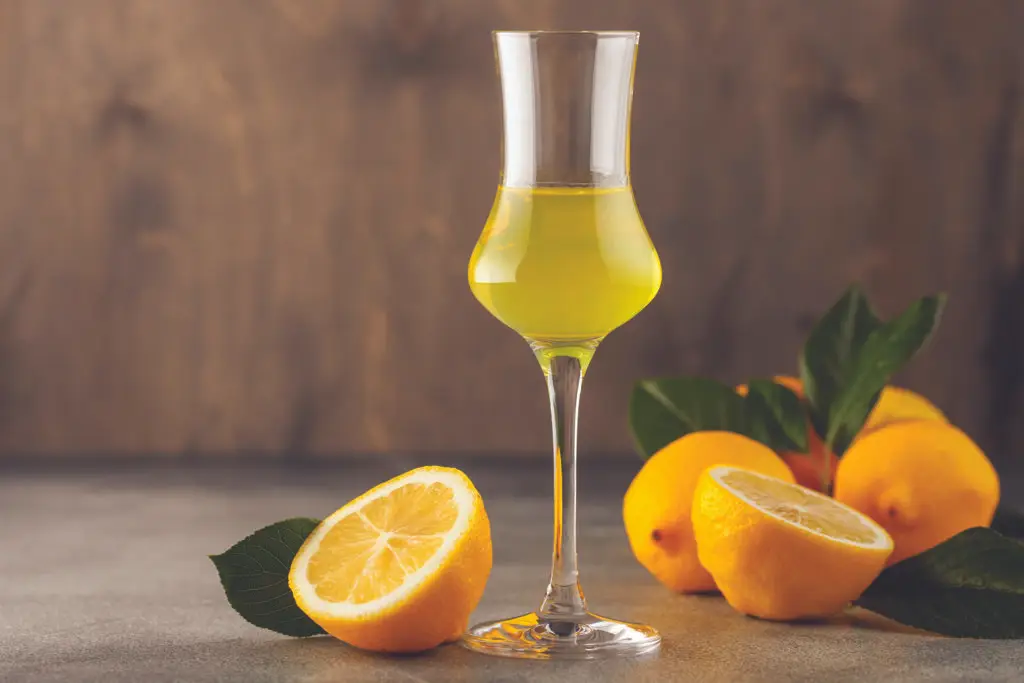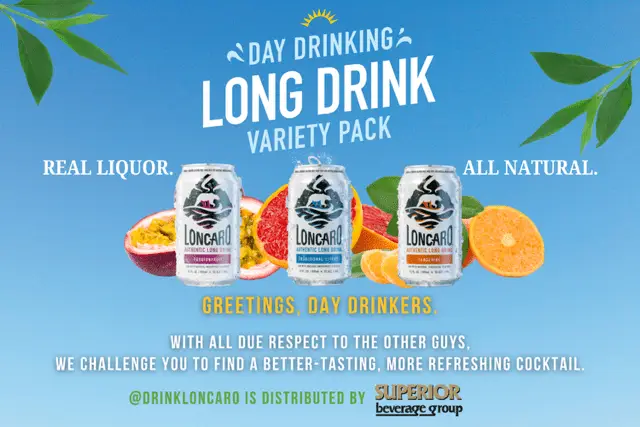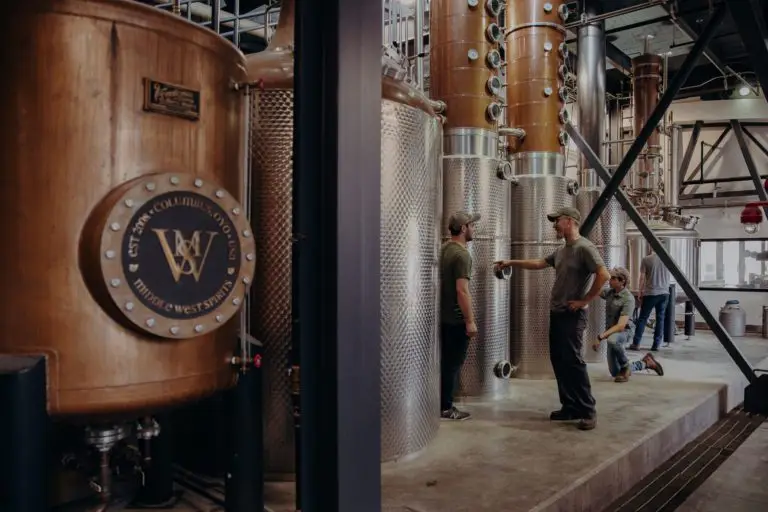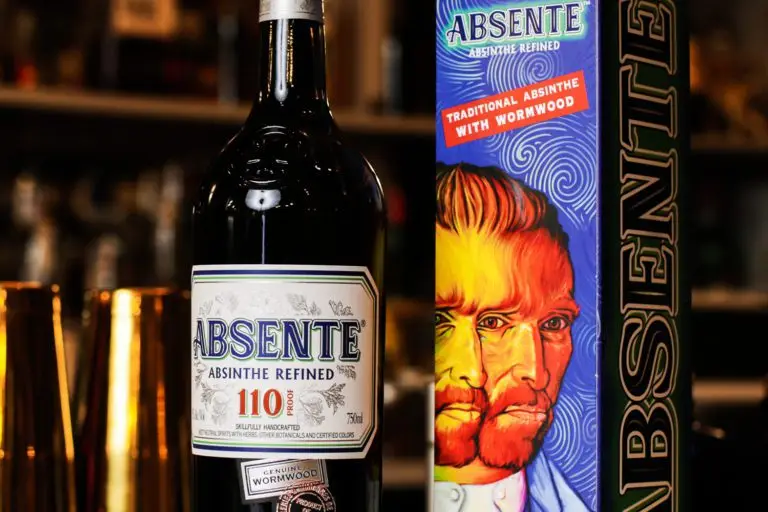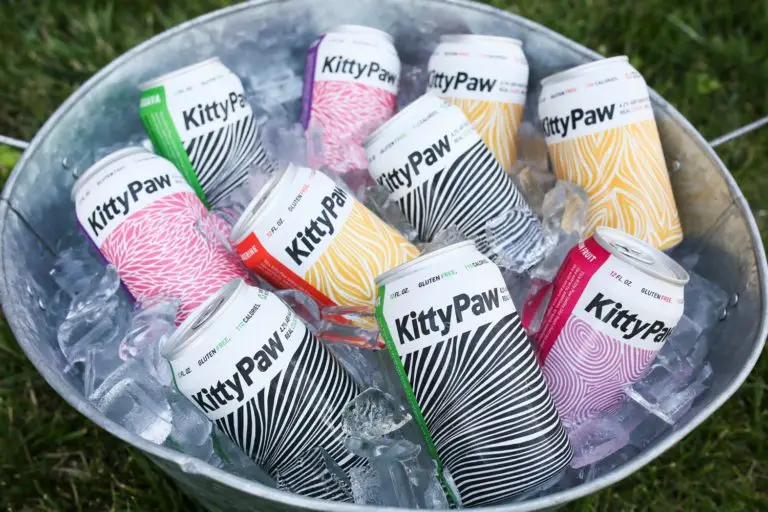By Natalie Lariccia
Everything is a little different in southern Italy — different in a pleasant way. The water is clear, the food is aromatic, the skies are sunny — and the lemons are nearly as big as footballs.
The trees that produce these large, robust lemons dot the landscape of Sorrento, line the Amalfi Coast and provide the main flavor of the popular, sweet Italian liqueur known as Limoncello. Bright in color and flavor, Limoncello is like sunshine in a glass. Visitors often savor it as an after-dinner treat while admiring the beauty of the Italian coastline.
Though the stories of its inception vary, Limoncello appears to be rooted — not surprisingly — in Southern Italy. Some stories suggest it was created in the early 1600s in a convent to add flavor to the nuns’ lemon pastries. Other stories suggest it was used in the early 1900s by fishermen to fight the cold.
While its precise origin may be uncertain, one thing is for sure: this sweet treat is a delight to drink whether you are gazing at the Amalfi Coast in Italy or staring out your living-room window at a thick blanket of Ohio snow.
“I can’t think of a more straightforward drink you can make at home, and it’s a sense of pride that people can make (Limoncello) on their own,” says Phillip Mastroianni, co-owner and self-proclaimed “chief lemon peeler” at Fabrizia Spirits, a Salem, New Hampshire-based spirits company.
Created primarily from the zest or rind of fresh lemons infused with high-proof alcohol, Limoncello is made by allowing this mixture to steep or distill for a period of time, from a month to several months, depending on the preference of the maker. The longer the steeping, the fuller the flavor and brighter the color.
After the distillation, it’s time to sweeten things up by melding sugar and water and creating a simple syrup to add to the lemony alcohol. After about another month of steeping, you will have your own homemade rendition of Limoncello.
The simplicity of this recipe, the all-natural ingredients, and the bright, welcoming flavor is what makes Limoncello such a loveable libation, Mastroianni says.
A former certified public accountant, Mastroanni founded Fabrizia in 2009 with his brother, Nick, and the business quickly became a full-time career. Fabrizia focuses on creating small-batch Limoncello liqueur and also offers different flavors such as blood orange and a cream Limoncello flavor. Since the lemon zest – not the juice – is primarily used in the Limoncello recipes, the company expanded its portfolio, finding a purpose for the juice by creating a lemon-infused Italian margarita drink and a vodka-and-Limoncello-infused lemonade.
Charlie “Lillo” Manno, general partner of Rocky River, Ohio-based Premium Infused Spirits, artisanal producer of Lillo Lemon and Lillo Coffee liqueurs, began his journey with creating lemon liqueurs in 1994. Manno was then serving as the executive director of a Cleveland-based housing corporation and was tasked with a duty to attend a housing conference in Chicago and show two Italian priests of the Mercedarian Order around the Windy City in celebration of the 25th anniversary of their ordination.
At the conclusion of the whirlwind trip, the priests presented Manno with a very special parting gift: a recipe for a homemade lemon-alcohol concoction.
After sampling this treat, Manno was inspired to create his own version, which he has tweaked over the past 20 years to produce a liqueur that can be enjoyed on its own or added to cocktails.
“It really is a passion. It’s fun,” Manno says. “I’m really proud of our products. Our Lillo Lemon is a cut above traditional Limoncellos, as it is 80 proof with less than half the sugar, making it a great product to mix in drinks,” Manno said.
Lillo also makes a coffee liqueur that is created with a proprietary blend of espresso beans. These beans are ground and infused with alcohol to create a rich, smooth drink that can be served alone or frozen, mixed in cocktails, or paired with a stout or other dark beer.
Lillo lemon and coffee liqueurs can be found at various Ohio grocery and liquor stores. For more information and locations, visit www.ilovelillo.com.
New Albany, Ohio-based Tessora Liqueurs also specializes in Limoncello. Tessora produces two liqueurs — Tessora Crema al Limone and Tessora Limoncello Classico — from 200-year-old secret family recipes originating in the Abruzzo region of Italy. The handmade, all-natural and gluten-free liqueurs are distributed in Ohio and 14 other states.
George and Lynda Vergits, owners of Veriano Fine Foods & Spirits LLC, the manufacturer and distributor of Tessora, say Limoncello’s versatility is what makes it such a special beverage.
“While you might think of Limoncello as simply ‘the after-dinner drink of Italy,’ we want people to consider both traditional and creamy Limoncello in a brunch mimosa or a backyard cocktail. … Lemon is one of the most popular flavors in the world, and the fact that it complements flavors like chocolate, coffee, nuts and fruit makes Limoncello one of the most usable, versatile and flavorful items in your bar and pantry,” the Vergits said. For more information, go to www.buytessora.com.
Joan Verratti, owner of the Philadelphia-based distillery that produces Pollyodd Limoncellos, focuses on creating a Limoncello for the “American palate” that has a reduced alcohol volume and a smoother finish. The Pollyodd portfolio includes 10 different flavors – five water-based and five cream-based. Her flavors include Orangecello, Chocolatecello, Mangocello and Bananacreamcello.
Making Limoncello can be a fun family activity, and Mastroianni and Verratti encourage aspiring Limoncello makers to look no further than the internet for some helpful tips and recipes.
“Limoncello has been made in people’s kitchens for more than 100 years,” Verratti says. “Our recipe is an old Italian family recipe, but today, with the internet, just Google ‘Limoncello’ and 10,000 recipes come up. Take a few and play with them. Have fun. That’s what it’s all about.”
Mastroianni stresses it is important to make Limoncello with the freshest lemons possible. While it may not be easy to locate Italian lemons, domestic organic lemons are a great option as they are typically grown without pesticides.
Mastroianni also encourages Limoncello fans to incorporate Limoncello into their favorite cocktails. The liqueur makes a great mixer for vodka-, gin-, and tequila-based cocktails. For more recipe ideas, visit www.fabriziaspirits.com.

